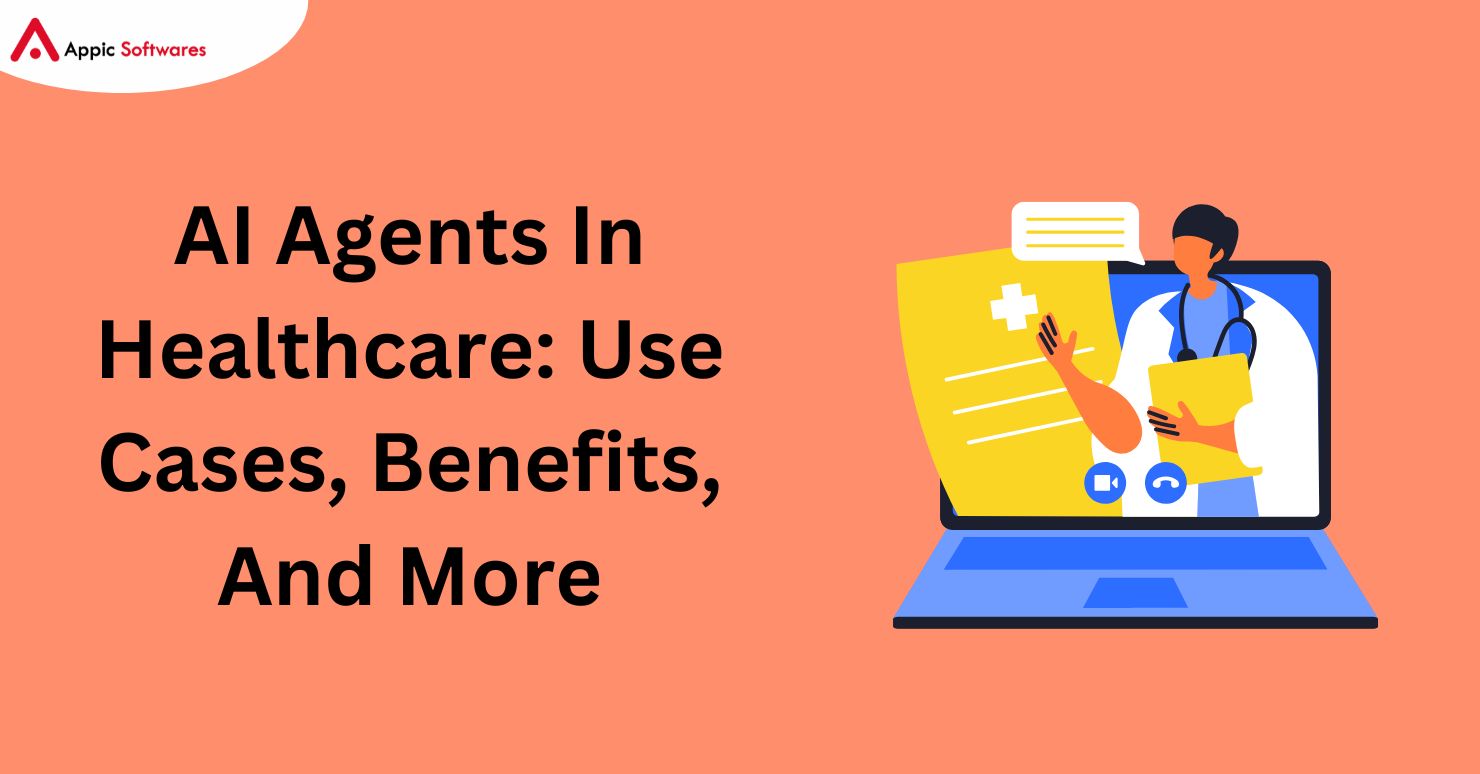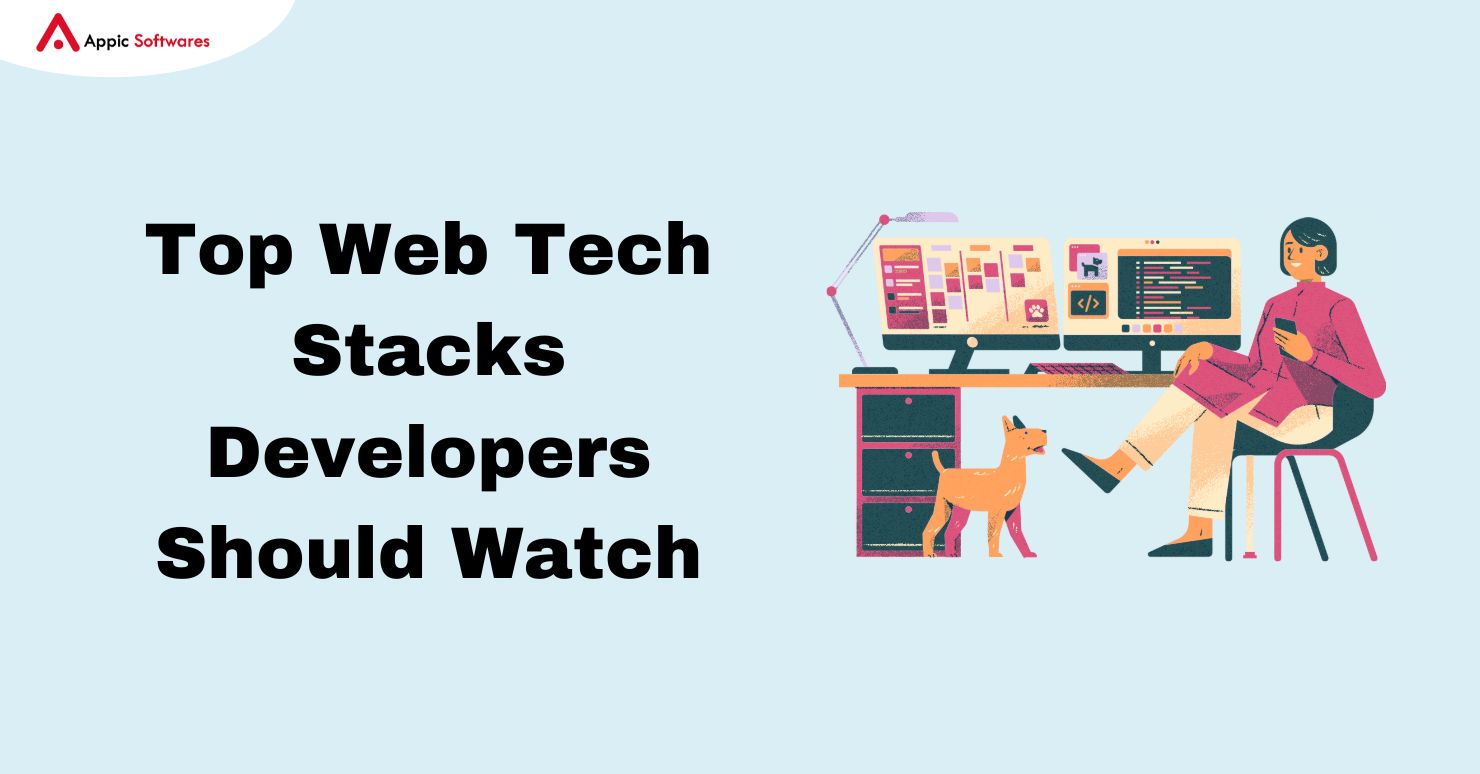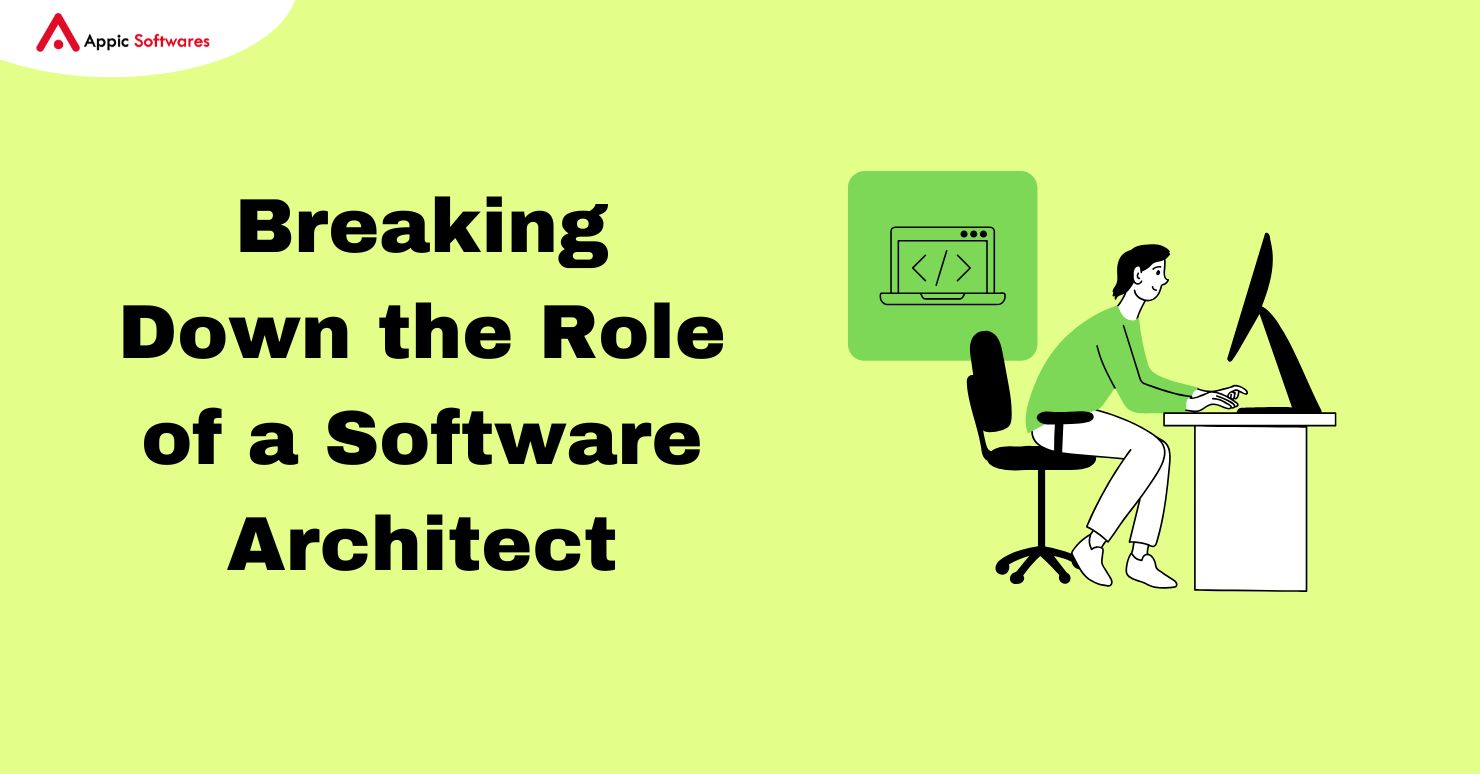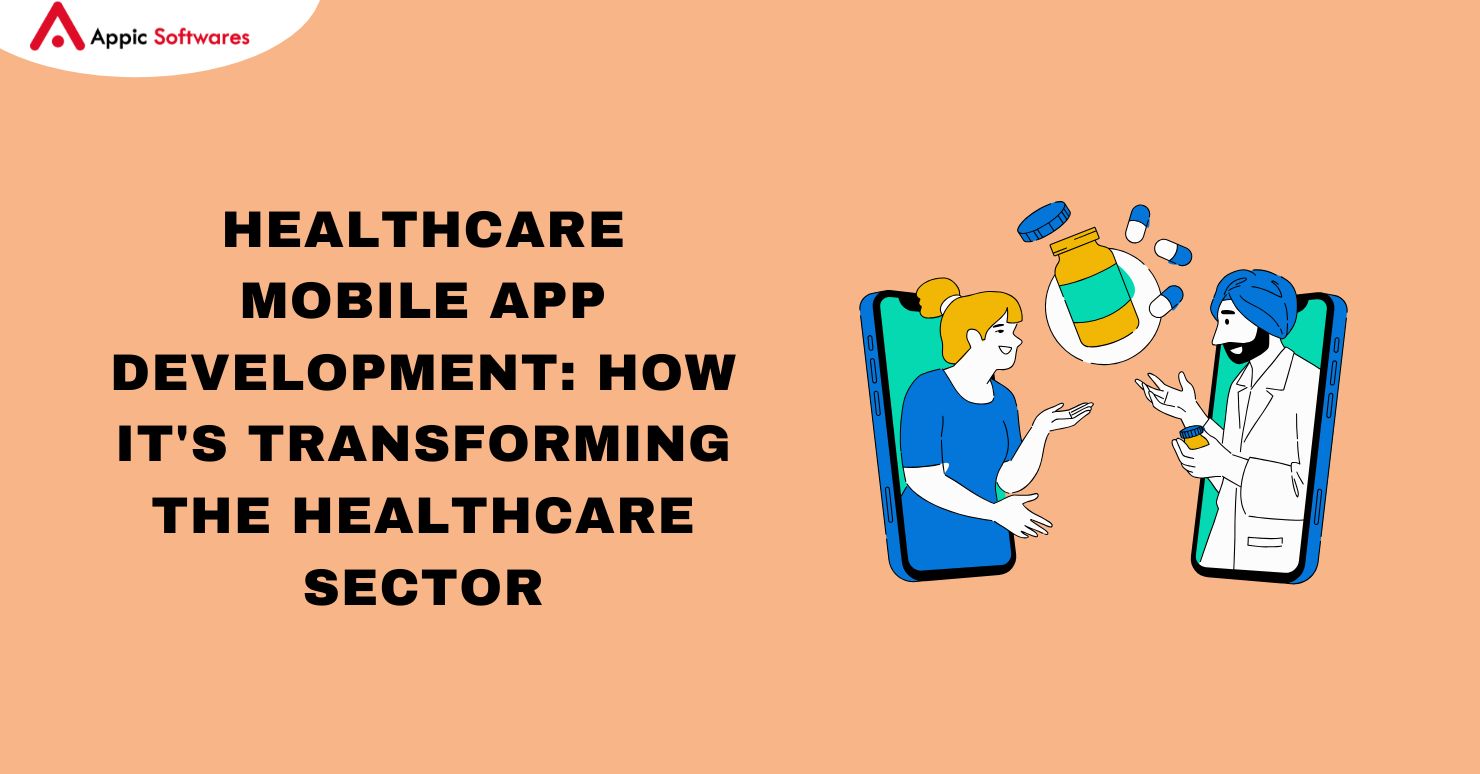
The global healthcare chatbots market is expected to grow from USD 335.26 million in 2024 to USD 1,091.64 million by 2030. A 21.72% CAGR shows the industry’s strong growth. When you hear the word healthcare, you only think of doctors, not AI agents, right? What if you found out that AI is helping companies in the healthcare industry grow and succeed? AI agents in the healthcare industry have been working with people to change the dynamic environment of today.
Discover all there is to know about artificial intelligence (AI) in healthcare, including its use cases, benefits, and more.
What Are AI Agents?
AI agents assist you by providing solutions such as decision-making and action to achieve specific goals, adapting their software to the environment they operate in. AI agents in healthcare collect data through sensors and manage data to carefully consider each choice. They also monitor the process and use feedback to enhance performance.
Think of AI-powered healthcare agents as virtual assistants that are always acting and making recommendations based on in-depth knowledge. AI-powered healthcare agents are intelligent software programs that are specifically made to interact in a given environment and learn from experiences. They are trained on large databases and patterns. They are useful in healthcare because of their capacity for learning and adaptation.
What Are AI Agents In Healthcare?

AI agents are always attempting to change healthcare by assuming a variety of responsibilities, including form consultation, diagnosis, and treatment planning to provide each patient with more individualized care. By evaluating a large amount of data, finding trends, forecasting potential health risks, enhancing early intervention, and offering more potent treatment plans, they function as intelligent software. These agents may more easily search through patient records, genetic data, and medical imaging, enabling physicians to make better decisions.
There are different types of AI agents in healthcare, including reactive AI agents, limited memory agents, theory of mind agents, and self-aware agents. Each type has unique capabilities, from basic data analysis to complex decision-making processes.
AI agents in healthcare can readily respond to inquiries about their illnesses and provide individualized information. AI chatbots are available around the clock to improve patient happiness, lessen the workload for medical staff, and provide access to medical advice. When medical attention is needed, these agents can remotely monitor a patient’s health and identify potential concerns early. 79% of healthcare experts who responded to the study believe that AI and robotics will greatly advance the healthcare sector.
Use Cases Of AI Agents In Healthcare
In the healthcare industry, AI agents driven by computer vision, natural language processing, and machine learning are being used. Beyond healthcare, AI agents are transforming various sectors, including travel AI agents, where they personalize customer experiences and streamline booking processes. Examine the use cases of AI agents in the medical field:
Identification And Diagnosis Of Diseases
AI-powered medical agents’ capacity to interpret MRIs, mammograms, and X-rays in order to identify any abnormalities as soon as possible and enhance treatment results and survival rates. In order to make a diagnosis based on a patient’s medical history, AI agents can also examine patient data, symptoms, genetic information, and medical history.
Planning For Treatment
AI agents’ algorithms are able to comprehend patient information and medical history to provide individualized treatment plans that are based on the patient’s requirements and procedure-related health hazards. By discovering possible medication candidates, forecasting therapeutic efficacy, and potentially streamlining drug development procedures, AI can also speed up discovery.
Observation Of Patients
Using AI devices like sensors to manage and monitor patients is another use for AI agents. Sensors make it simple to track a patient’s vital signs, activity levels, and medication compliance, sometimes allowing for remote patient care and intervention.
Efficiency In Administration
By automating medical billing and coding procedures, lowering administrative costs, and increasing efficiency, this is crucial to AI agents for healthcare. As a result, waiting times can be reduced and patient experiences enhanced by AI-powered healthcare agents who optimize appointment scheduling.
Medical Research And Development
AI agents can easily look over huge amounts of data from medical records and research papers, which helps find patterns and generate insights that could lead to new therapeutic discoveries. AI agents in healthcare can help with clinical trial recruitment and design, which speeds up the creation of novel treatments.
Customized Healthcare
Artificial intelligence (AI) programs have been applied in healthcare to forecast medication responses, detect genetic predispositions, and customize treatment based on patient data. The effectiveness of treatment may be increased, and potential negative effects may be decreased with this individualized strategy.
Support For Mental Health
Chatbots or virtual assistants are another crucial use for AI-powered healthcare agents. They are engaged to support and assist those who may be experiencing mental health problems. Patients are given access to resources and assistance as an essential medical treatment. Additionally, it can read data to determine whether the patient has previously needed mental health support and offer early intervention.
Surgical Support
Systems driven by AI can help surgeons carry out intricate operations with accuracy and precision. Additionally, it can help and guide surgeons during surgery by using real-time data. Similar to how AI agents in finance optimize fraud detection and risk assessment, healthcare AI agents are advancing patient care through predictive analytics and personalized treatment.”
Benefits Of AI Agent In Healthcare
Enhanced Accuracy
AI agents have made it much easier and faster than ever for people to analyze large amounts of data at once in the healthcare industry. This leads to better treatment plans and forecasts in addition to more accurate diagnosis.
Prevention And Detection In Advance
You may think of AI bots as being able to sense diseases, but they are able to identify health hazards much more quickly. This makes it possible to avoid or cure the illness by prompt treatment and interventions.
Administrative Tasks Made Simpler
AI agents can complete many of the duties that healthcare staff must complete, freeing up their time. enables them to devote more of their time to other crucial tasks like patient diagnosis and treatment, which could improve healthcare services.
Patient Support
Chatbots for patient support may make appointments, point tens of thousands of patients to pertinent information, and provide basic medical advice. Because patients are more involved and ready for their medical situations, patient satisfaction may rise as a result.
Monitoring Patients Remotely
AI agents can use big data analysis to find indications that a patient is deteriorating or that they are having health problems. Patients who have had surgery benefit from this since it allows for continuous remote monitoring, enabling prompt treatment.
Reduced Medical Expenses
Because AI agents perform better, make mistakes less frequently, and diagnose diseases earlier, overall healthcare costs can be greatly decreased. Early detection of expensive problems through automation can stop them from getting worse when timely solutions are put in place.
Future Of AI Agents In Healthcare
As AI technology develops further, it suggests that we will have increasingly sophisticated agents capable of handling challenging tasks. Imagine AI agents that can talk to patients, recognize their cues, and modify to get the optimum result while reviewing patient data. Artificial intelligence in drug research could transform the field and speed up the creation of new, life-saving drugs. AI allows agents to propose personalized treatment alternatives based on a patient’s genetic profile, lifestyle, and medical history, improving health individuality. Overall, AI agents must convert healthcare into a patient-centered, proactive, and preventative enterprise.
Given the AI agent features, it is important to take into account the ethical issues that may develop. Nonetheless, the issue of equity and the eradication of bias in systems is still pertinent to AI.
- Importance of data privacy and security measures for patient data security.
- Transparency in AI healthcare agents’ decision-making fosters trust.
- Addressing ethical use and contestation of AI agents is crucial.
- AI’s role in high-quality medical treatment will be enhanced.
Conclusion
AI agents are making things more efficient, accurate, and patient-centric. As these intelligent systems continue to evolve, they will redefine diagnostics, treatment planning, and patient care. If you’re looking to integrate AI-driven solutions into your healthcare business, now is the perfect time to leverage this cutting-edge technology.
At Appic Softwares, an AI agent development company, we specialize in developing AI-powered healthcare solutions that enhance efficiency, improve patient outcomes, and streamline operations. Whether you need AI-driven diagnostics, virtual assistants, or autonomous healthcare agents, we have the expertise to bring your vision to life.
Get in touch with us today to explore how AI can revolutionize your healthcare business!
FAQs
1. What are some examples of AI agents in healthcare?
Some examples of AI agents in healthcare include AI-powered chatbots for patient support, machine learning algorithms for disease diagnosis, robotic surgical assistants, and predictive analytics tools for early disease detection. These AI agents help automate tasks, enhance accuracy, and improve patient outcomes.
2. How do AI agent development companies contribute to healthcare innovation?
AI agent development companies specialize in creating intelligent solutions tailored for healthcare applications. They develop AI-driven diagnostic tools, virtual assistants, and patient monitoring systems that streamline medical processes, reduce errors, and improve overall healthcare efficiency.
3. What are AI agent frameworks, and how do they impact healthcare applications?
Intelligent systems that can learn, make decisions, and interact with their surroundings use agentic AI frameworks. In healthcare, these frameworks enable the creation of AI agents for predictive analytics, automated diagnoses, and personalized treatment recommendations.
4. How can businesses integrate AI agents into their healthcare operations?
Businesses can integrate AI agents into healthcare by partnering with AI agent development companies that specialize in custom AI solutions. They can implement AI-powered chatbots, automate administrative tasks, utilize predictive analytics for patient care, and deploy AI-driven medical imaging solutions for accurate diagnosis.








